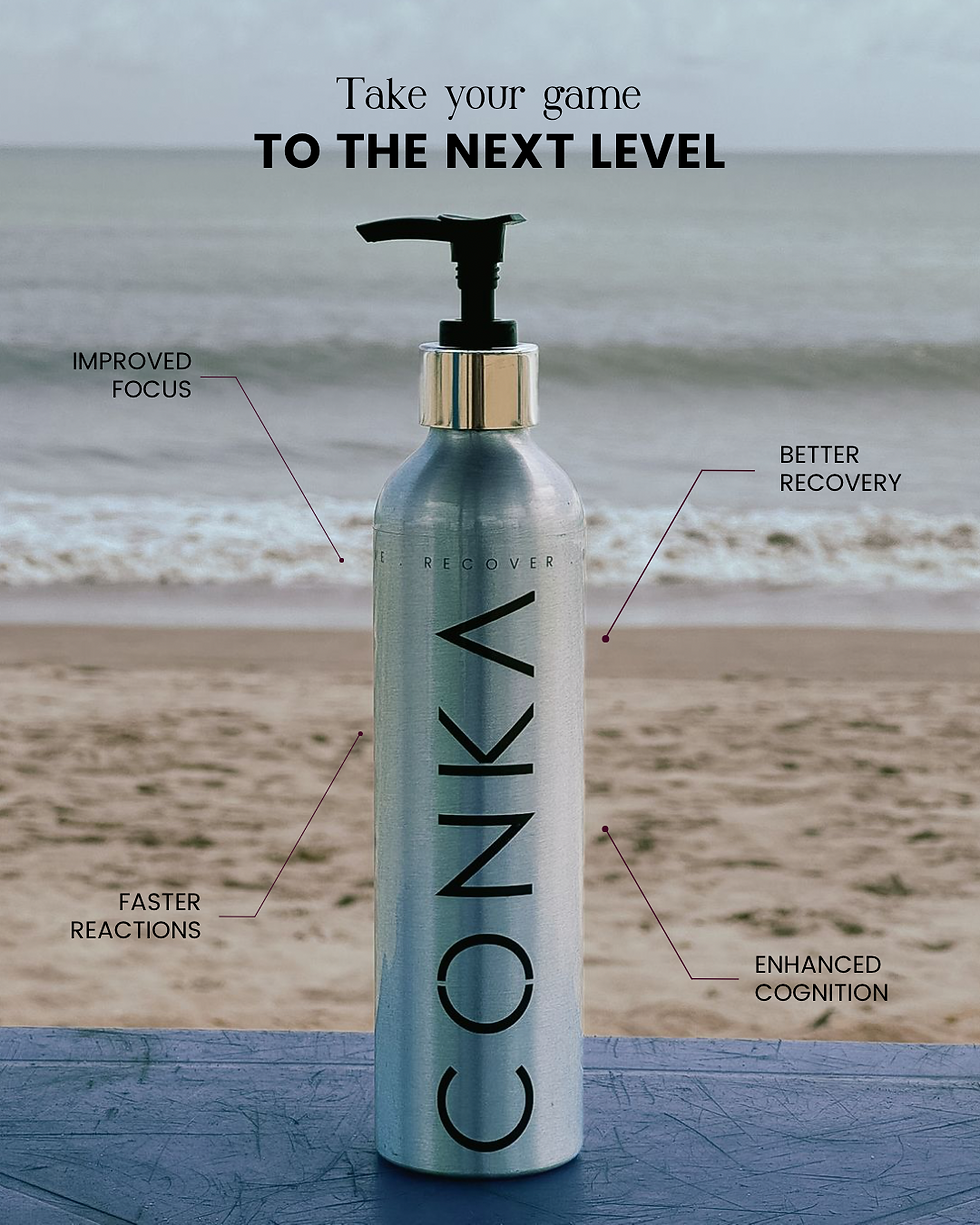It has been nearly two months since Rugby Union Club Bristol Bears have added CONKA to their daily supplementation plan. Our app, built with the help of science-backed tests and the intent to understand exactly what goes on inside players’ brains, allows us to tap into players’ brain performance across a variety of metrics. So, today’s blog will be a little different as we will be diving into the Bears’ data to help you understand the effects of CONKA on athletes’ performance – get ready to be impressed!

Shoutout to Jake Woolmore (above) for improving the most consistently on all testing days.
Just to give you a little background on the Bears’ journey with CONKA, we first started testing their memory, focus, speed and accuracy of information processing, using 3 tests available on our app. One of them is Cognetivity’s Integrated Cognitive Assessment (CognICA), which provides a sensitive and accurate measure of cognitive function1. Once enough baseline data was gathered, the players received their first supply and started taking CONKA while continuing to test three times per week, every Monday, Wednesday and Friday, which typically lands on days 1, 3 and 5 days post-match.
One of the metrics we analysed and measured was players’ gumshield data. Gumshields are now fitted with an accelerometer that gives us all the information we need to know about their contact exposure during training and throughout a game, measured in G force. Interestingly, of the top half of players who improved the most cognitively, two-thirds were also players with the highest contact exposure. It is well speculated that different people can attenuate forces differently. In other words, some players are more vulnerable to cognitive impairment from repeated contact exposure than others. It also makes you wonder – could better cognitive performance be reflective of better visuospatial perception and therefore lead to safer body positions in contact, this way developing a more cognitively resilient athlete primed for contact sports? It’s something we are researching in more detail using eye-tracking technology.
When looking at the average change amongst players, we observed an incredible increase in overall performance (across all tests) of 16.7% (!) – that’s significant. Except for one player whose results decreased when testing on Fridays (perhaps a little end of week fatigue going on?), every single player’s cognitive performance increased. The improvement percentages ranged from 2.5% to an impressive 32.1%, with nearly 70% of players improving over 15%.

Interestingly, 2 of the top 3 players with the highest cognitive improvement rates, Will Capon and Josh Caulfied, were also the 2 players with the highest contact exposure. Meanwhile, Sam Wolstenholme who had the highest cognitive improvement rate across all days, had the least contact exposure. Again makes you wonder: we know that contact exposure can mess with cognitive function, but can some players attenuate forces better than others? Is that what Will and Josh can do? Or does the fact that Sam scored highest in the memory tests suggest that repeated contact exposure may affect memory more than speed and accuracy? The data are too heterogenous for us to take proper conclusions about these deeper questions, but one thing has been made clear: CONKA helps improve cognitive function.
Now, you may be thinking “how do we know that the improvement is truly due to the effects of CONKA and not an effect of repeated testing?” Well, cognICA is an FDA and CE-approved test that accounts for exactly that, which makes it difficult to learn and get better at due to repeated testing. Of course, it is still a possibility, but let us remind you that our focus isn’t necessarily to boost players’ test scores. CONKA is more than that, it is a lifestyle – a lifestyle in the shape of a holistic product made to work synergistically with other habits for a more efficient brain and overall practices. So… the Bears are on board, what are you waiting for?

Leticia Hosang, BSc
Leticia is a sports science, sports psychology and neuroscience researcher, previously working with Brunel London University and exploring the effects of exercise on brain activity.
References:
CONKA x CognICA. https://www.conka.io/post/conka-x-cognica

Comments